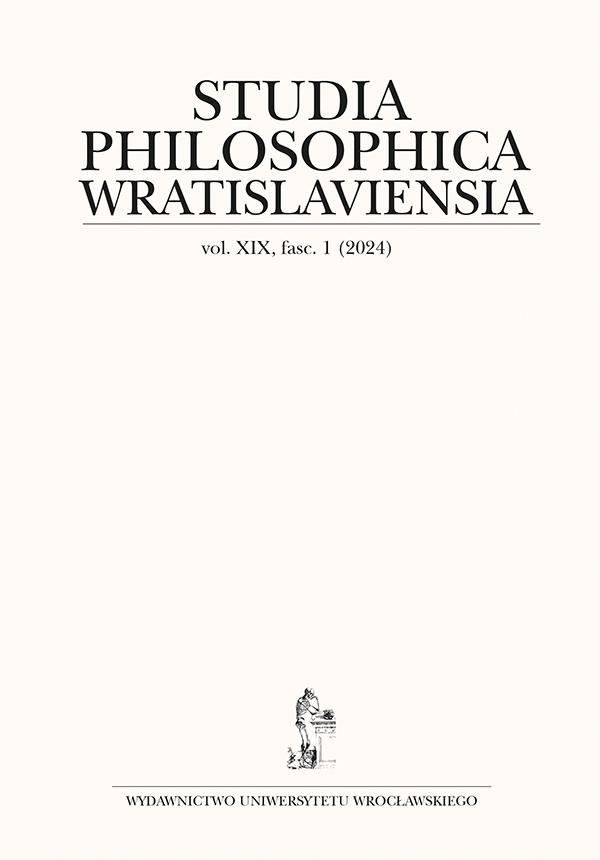Wiedza i lęk (al-Taqwa) w islamie oraz ich związek z terrorem w literaturze zachodniej
Knowledge and Fear (al-Taqwa) in Islam and Their Relation to Terror in the Western Literature
Author(s): SADIK TÜRKERSubject(s): Contemporary Islamic Thought, Qur’anic studies, Sociology of Literature
Published by: Wydawnictwo Uniwersytetu Wrocławskiego
Keywords: Knowledge; Reason; Emotion; Islamic Rationalism; Terror; Terrorism;
Summary/Abstract: A person who has reason instead of instinct needs to be informed in order to survive. The relationship of vital knowledge with the soul, the source of life, has been established with emotions. Throughout the history of philosophy up to the 19th century, emotion has been a subject viewed negatively. Despite this, all deep-rooted wisdoms in the world, especially philosophy defined as love of wisdom, have accepted emotions as a criterion or a psychological sign of reaching the truth. In the last century, with the legitimacy of the view that the self-awareness of con- sciousness is emotional rather than mental, the relationship between knowledge and emotion has been placed on the agenda of philosophy and science. The emotional basis of Islamic wisdom, as in the original forms of Judaism and Christianity, is fear and its more intense derivative, terror. In other words, the emotion of the person who acquires vital information is at the most severe level. In the translation of terms such as taqwa, and rughb, which express these feelings, into Western languages, the etymological closeness between the terms terror and terrorism, the foreignness to Islamic wisdom, and deliberate manipulations have given negative meanings to its authentic and positive basis.
Journal: Studia Philosophica Wratislaviensia
- Issue Year: 19/2024
- Issue No: 1
- Page Range: 71-83
- Page Count: 13
- Language: Polish

